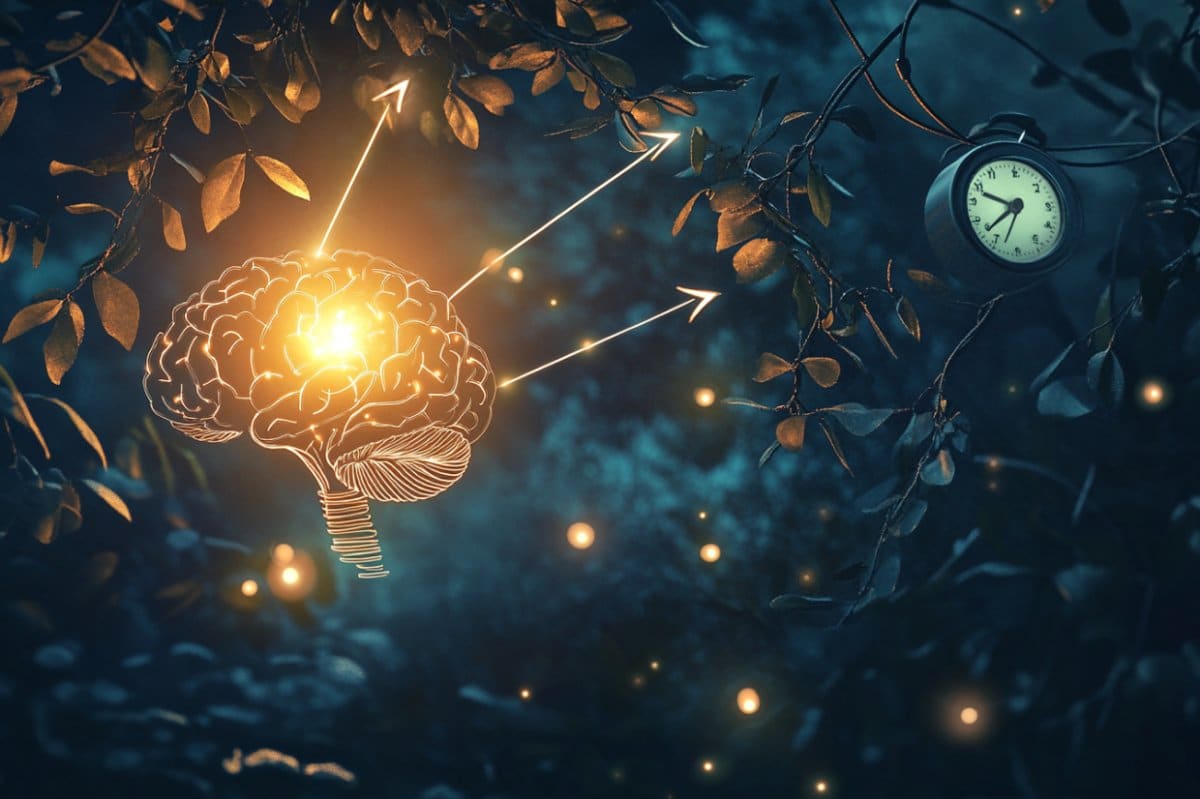Revolutionary Molecule in Sleep Science
The Tiny Wonder: C. elegans
The roundworm C. elegans may be tiny, but its contributions to neuroscience are monumental. We have long utilized this organism to unravel the complex mechanisms of the brain due to its simplicity and transparency, allowing researchers to observe cellular processes in great detail.

The Discovery of FLP-13: A Neurological Game Changer
In groundbreaking research, scientists have identified FLP-13, a neuropeptide that impressively governs both sleep initiation and termination. This discovery opens new avenues for understanding the intricacies of sleep cycles.
"Sleep is the best meditation." — Dalai Lama
How One Signal Controls Two States
The revelation that one chemical can influence two opposite states challenges the current understanding of neurological signaling. FLP-13 is at the center of a dynamic process, orchestrating transitions between consciousness and sleep.
Implications for Sleep Disorders
This discovery is not just academic; it holds immense potential for developing treatments for sleep disorders. Imagine a future where we can fine-tune this signal to treat insomnia or to assist those who have circadian rhythm disorders.
- Potential treatment of insomnia
- Management of circadian rhythm disorders
- Improved understanding of sleep-related neurological processes
Future Research and Applications
The newfound understanding of FLP-13 encourages the scientific community to delve deeper into the neural pathways of sleep. Could similar neuropeptides affect other brain functions, leading to broader implications in neuroscience?
For a more detailed read, check out our recommended book on neuroscience available on Amazon.
Enhancing Sleep Quality with Modern Technology
Looking beyond traditional methods, exploring modern techniques for enhancing sleep quality can be valuable. From sleep tracking apps to smart mattresses, technology is increasingly merging with health science to improve our sleep quality and overall well-being.
Join The Conversation
Engage with industry experts and fellow enthusiasts on platforms like LinkedIn and explore the ongoing discussions about the neurological marvels and implications of discoveries like FLP-13 in sleep science.
